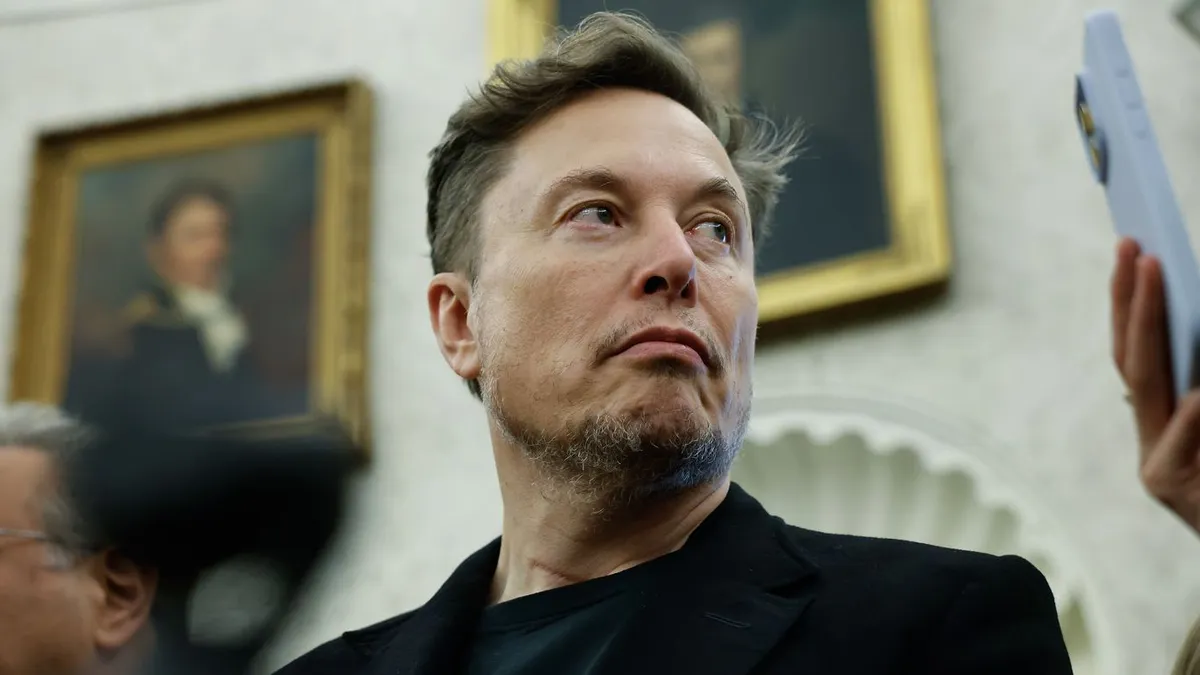
Tesla shares experienced a significant decline on Monday, as Elon Musk's rift with the Trump administration deepened following his announcement to potentially form a new political party. This development is crucial for investors and stakeholders in the automotive and technology sectors, as it directly impacts Tesla's stock performance.
Since parting ways with President Trump last month, Musk has seen his personal wealth diminish by nearly $20 billion. Meanwhile, investors in Tesla have collectively lost more than $100 billion in market value. This financial fallout is a stark reminder of how intertwined Musk's political decisions are with the performance of Tesla shares.
Over the recent holiday weekend, Musk declared his intention to establish a new political entity, the America Party. His strategy appears focused on securing a few pivotal House and Senate seats in the upcoming 2026 elections. This announcement has drawn sharp reactions, including from Trump, who criticized Musk on his platform, Truth Social, labeling him a "TRAIN WRECK." Additionally, Treasury Secretary Scott Bessent, a known Musk critic, indicated to CNN that he anticipates resistance from the boards of Musk's companies regarding his political activities.
In pre-market trading on Monday, Tesla shares dipped approximately 7%. This decline adds to an overall decrease of about 14% since early June, when Musk first began vocally opposing the administration's policies. Interestingly, despite the recent downturn, Tesla shares are still up over 20% since Musk's endorsement of Trump one year ago.
The challenges facing Tesla extend beyond Musk's political engagements. The company reported a nearly 14% drop in deliveries for the second quarter, raising concerns among investors. A recent report from the Wall Street Journal highlighted mounting issues in China, noting complaints from local employees about Tesla's vehicles lagging behind competitors. The report further elaborated that the Chinese government no longer views Musk's relationship as a significant asset, given his escalating tensions with Trump.
As Musk delves deeper into the political landscape, analysts like Dan Ives from Wedbush Securities express concern. Ives, a prominent supporter of Tesla on Wall Street, suggests that Musk's focus on politics is counterproductive, particularly during a critical period for the company. Investors are keenly watching how these developments will affect Tesla's market position and the broader implications for the electric vehicle industry.
In summary, the intersection of Musk's political ambitions and Tesla's operational challenges poses a complex landscape for investors and stakeholders. As the situation unfolds, it will be essential to monitor how these factors influence both Musk's personal fortunes and Tesla's stock trajectory.